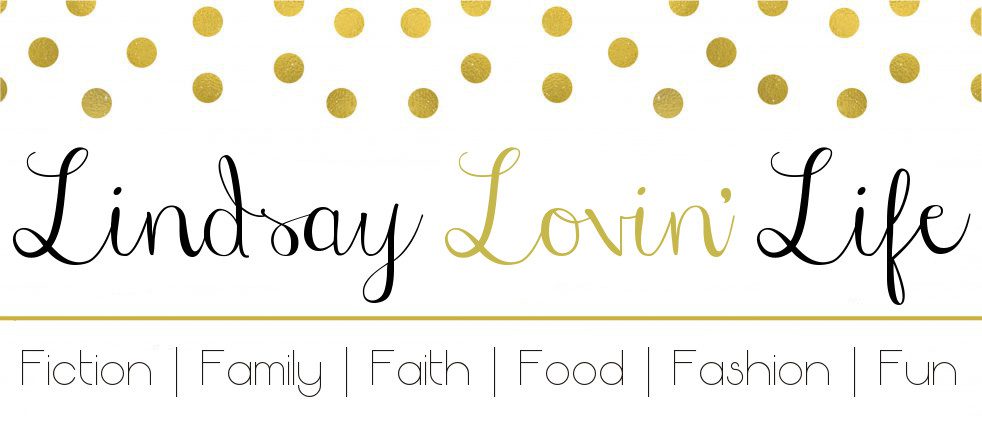

There are loads of writing and publishing terms that are said to writers daily. You may have come across it in a blog post or article and thought “hmm, I’m not sure what that word means,” but don’t fret! I’ve compiled a list of common phrases and definitions, so let’s get started:
- Alliteration – Repeating the same sound in successive words, usually starting with the same letter.
- Ambiance – The mood of a scene or setting.
- Antagonist – An opponent or person who is hostile towards something.
- Anti-hero – A repulsive character, but not a villain.
- Archetypes – A typical character, action or situation that shows universal patterns of human nature.
- Audience – The people who read your book.
- Broad appeal – A variety of readers can identify with the story.
- Character-driven – The internal conflict experienced by the protagonist is what drives the plot forward.
- Characterization – How an author shows a character’s personality to their reader by using action, dialogue and thoughts.
- Dark – The story has lots of violence and carnage.
- Denouement – The final result of a main conflict in a story that comes after the climax and shows the secrets and misinterpretations connected to the plot.
- Dystopia – A created world that could be considered hell for your reader. This includes post-apocalyptic worlds.
- Fast-paced – The story is filled with action.
- Flash Fiction – Fiction written in 500 words or less.
- Genre – A category or theme of writing.
- Heavy handed – Not written very well.
- High-concept – A storyline that’s described in a single sentence that’s commercially feasible.
- Introspective – The plot moves too slowly.
- Kicker – An unexpected plot twist.
- Lead – The first paragraph of your story.
- Loaded words – Words slanted for or against a given subject.
- Manuscript – Author’s copy of a novel, non-fiction writing, article or other writing work.
- Narrative – Groups of events that’s the story in a certain order.
- Novel – Fiction written in 45 000 words or more.
- Novella – Fiction written in 7500 to 40 000 words.
- Outline – A brief description or list that shows the major action or ideas of a piece of writing.
- PB – Picture book.
- Plot – The main events of a story.
- Plot-driven – The conflict comes from external sources, which drives the plot forward.
- POD – Print on demand.
- Premise – The problem that forms the idea of a story.
- Proofreading – Reading a piece of writing to weed out errors.
- Protagonist – The main character of a story who is responsible for moving the plot forward.
- Pseudonym – An alternate name used by an author if they don’t want to use their own.
- Revising – Making changes to your writing.
- Rings true – Like the author experienced it themselves.
- Royalties – Revenue made by an author.
- Setting – Where the story takes place.
- Short-story – Fiction written in 7000 words or less.
- Slush-pile – Unsolicited manuscripts received by a publisher.
- Story-arc – The way fiction proceeds.
- Utopia – A created world that’s heavenly. Your reader would love to live in this perfect world.
- Voice – The style, tone and intention a writer uses.
Do you have any words to add to the list? Let me know by commenting below!
Love and Blessings,

Connect with me on social media:
Or visit my Amazon Author Page and support me by buying a book. Feel free to drop me an email at lindsaylovinlife@gmail.com. I’d love to hear from you!

Rejection – Most of us will be all too familiar with it lol
LikeLiked by 1 person
Haha. That should have been on the list
LikeLiked by 1 person
Unfortunately yes. But rejection doesn’t have to be the end
LikeLiked by 1 person
That sounds like a good title for a self help book as well. You should keep that in your idea bank
LikeLiked by 1 person
Haha. Noted
LikeLiked by 1 person
Reblogged this on .
LikeLike